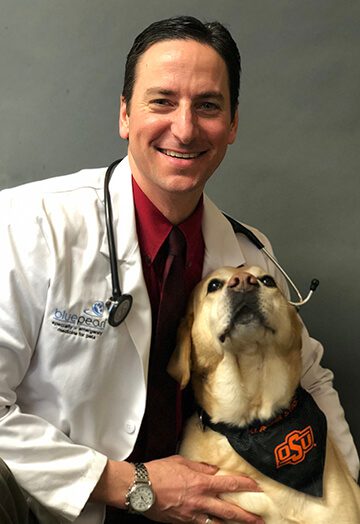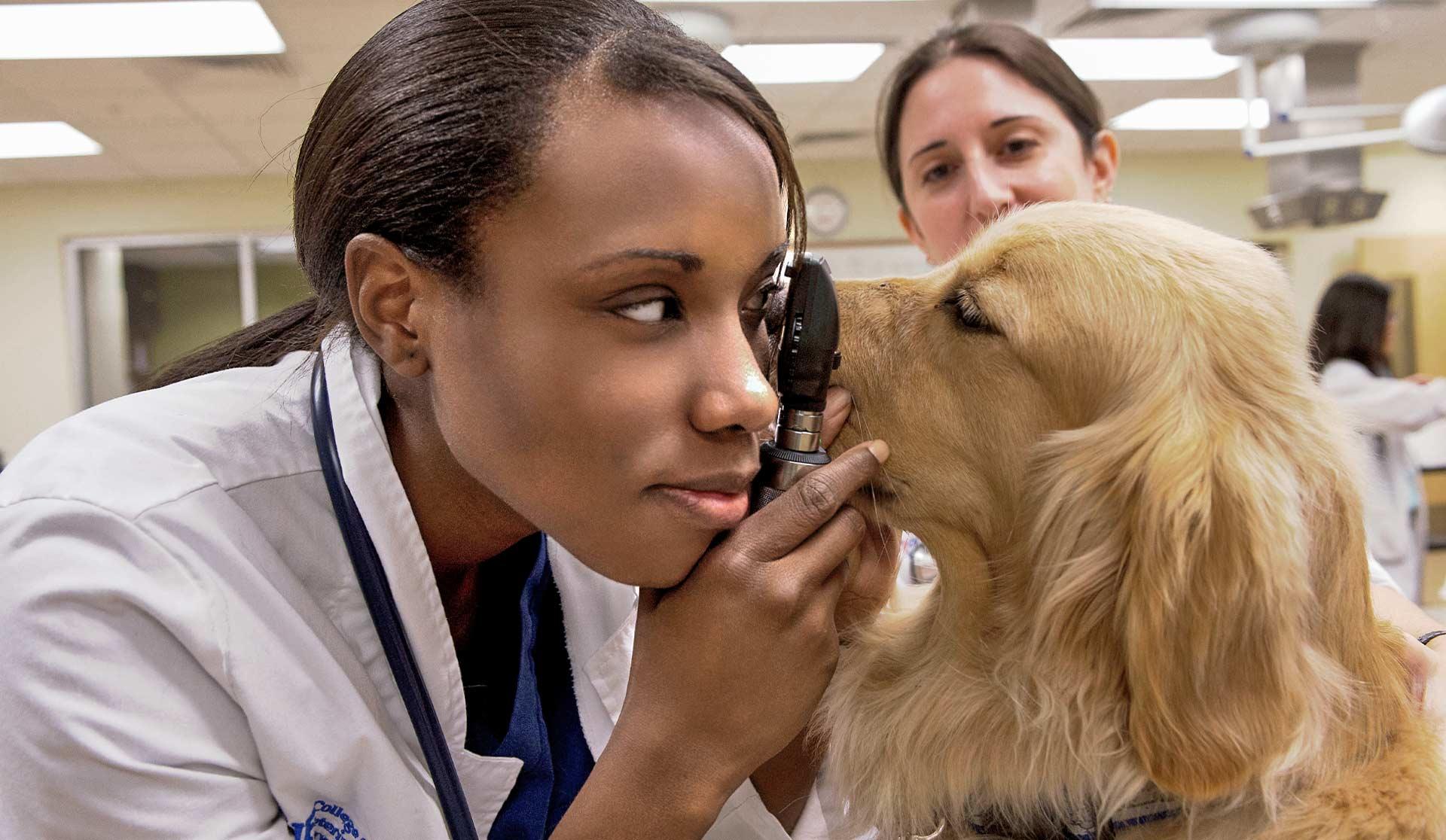Vaccination Standards From Your Trusted Veterinarian
Inoculation guidelines supplied by your relied on veterinarian play a crucial role in protecting your family pet's health and wellness. Core vaccines are essential for all pets, while non-core vaccines can be tailored to environmental direct exposures and particular way of lives. Comprehending the nuances of vaccination timetables, which begin as early as 6 to 8 weeks, is essential for optimum protection. Additionally, resolving common mistaken beliefs surrounding vaccinations can additionally enhance pet proprietors' self-confidence in these safety nets. As we discover these crucial elements, it becomes significantly clear why regular examinations with your vet are essential for notified decision-making.

Value of Inoculations
Vaccinations play a crucial role in safeguarding pet dogs versus a variety of avoidable diseases. By boosting the body immune system to identify and battle details microorganisms, vaccines significantly reduce the incidence of infectious diseases that can influence a family pet's health and longevity. Not just do inoculations protect specific animals, but they additionally add to herd immunity, thereby reducing the general prevalence of diseases in the family pet population.
Timely vaccinations aid to reduce the spread of conditions such as rabies, parvovirus, and distemper, which can have severe effects for both pet dogs and human beings. Moreover, inoculations are often a demand for boarding facilities, grooming solutions, and pet parks, making them vital for those who wish to socialize their pet dogs.

Core Vaccines for Pets
While the details inoculation needs of animals can vary based upon individual aspects, core injections are globally advised to safeguard versus the most usual and significant diseases (Emergency Vet). Core injections are those deemed crucial for all pet dogs, no matter of their lifestyle or geographic area, as they safeguard versus very contagious and potentially deadly ailments
For pets, the core vaccines include those for canine distemper, parvovirus, adenovirus (liver disease), and rabies. Adenovirus can result in liver condition, while rabies is a zoonotic disease that poses a danger to both humans and family pets.
In cats, core injections include feline panleukopenia, feline calicivirus, feline herpesvirus (rhinotracheitis), and rabies. Feline panleukopenia is a very transmittable viral condition that affects the immune system and intestines. Calicivirus and herpesvirus are major contributors to top respiratory infections in cats, while rabies remains a crucial worry for public wellness.
Talk to your vet to guarantee your family pets get their core inoculations on time.
Non-Core Vaccines Explained
Non-core vaccinations are tailored to deal with particular dangers connected with a pet's direct exposure, setting, and way of living to particular conditions. Unlike core vaccines, which are generally suggested for all pets, non-core vaccinations are taken into consideration based upon specific conditions. These injections are particularly important for animals that may experience unique virus because of their geographical place, travel behaviors, or activities.
Instances of non-core injections include those for Bordetella bronchiseptica, which is connected to kennel cough, and Lyme condition, brought on by ticks. Animals that regularly engage with other pets, such as those in boarding facilities, pet parks, or grooming settings, may gain from Bordetella inoculation. If you live in an area where Lyme condition is common, immunizing against this illness can be a prudent option for outdoor-loving pets.
Other non-core vaccines may consist of those for leptospirosis, canine influenza, and feline leukemia, depending on the details risk aspects present. It is vital to have a comprehensive conversation with your vet about your family pet's lifestyle and the prospective demand from this source for these vaccines, guaranteeing a tailored inoculation approach that finest shields your furry good friend.
Inoculation Schedule Review

As animals grow, it is essential to comply with see this site the advised booster vaccinations. Veterinarian Enterprise. For adult pets, core vaccinations are usually offered every one to three years, relying on the particular vaccination and neighborhood regulations. Non-core vaccines might be recommended based on lifestyle variables and regional condition frequency, demanding a customized method
Regular veterinary examinations are crucial for updating vaccination schedules. Your veterinarian can offer assistance on the most appropriate booster shots for your pet dog, considering age, wellness standing, and environmental threats. By remaining aggressive and educated, pet dog owners can guarantee their fuzzy buddies get reliable and prompt vaccinations, thereby protecting their health and health throughout their lives.
Typical Misconceptions Concerning Injections
Misconceptions about pet vaccinations can result in confusion and reluctance among pet dog proprietors pertaining to the immunization procedure. One widespread misconception is that injections are unnecessary for indoor pets. While it's true that interior family pets encounter reduced threats, they are not totally immune to conditions, as microorganisms can be introduced through numerous ways, consisting of human clothing and other pet dogs.
An additional misunderstanding is that vaccines can cause the conditions they aim to avoid. In reality, most vaccines contain suspended or attenuated virus, which can not create condition in healthy pets. Some animal proprietors likewise believe that their pets need to not be vaccinated if why not try these out they are currently healthy and balanced; nevertheless, vaccinations are an aggressive procedure that assists stop the beginning of ailment.
In addition, numerous pet owners fear that injections will bring about long-lasting health and wellness problems. While side results can occur, they are usually mild and temporary. The advantages of inoculation-- protecting family pets from possibly dangerous conditions-- much exceed the threats. Understanding these common myths is critical for accountable pet possession and making certain the health and wellness and safety and security of your furry companions. Always consult your veterinarian for exact information tailored to your animal's certain demands.
Final Thought
In summary, adherence to inoculation guidelines is essential for ensuring the health and wellness and longevity of family pets. Dispelling usual misconceptions surrounding inoculations even more reinforces the significance of informed decision-making in pet dog care.
Not just do vaccinations secure private pets, however they additionally contribute to herd resistance, therefore minimizing the total occurrence of diseases in the family pet population.
Mistaken beliefs about animal inoculations can lead to confusion and hesitation among animal proprietors regarding the immunization procedure. While it's real that indoor pet dogs face reduced risks, they are not totally immune to illness, as microorganisms can be presented via numerous methods, including human clothes and various other animals.
Some pet dog proprietors additionally believe that their family pets ought to not be immunized if they are already healthy and balanced; however, vaccinations are an aggressive step that assists avoid the onset of disease.
The benefits of vaccination-- safeguarding animals from potentially serious diseases-- far exceed the dangers.